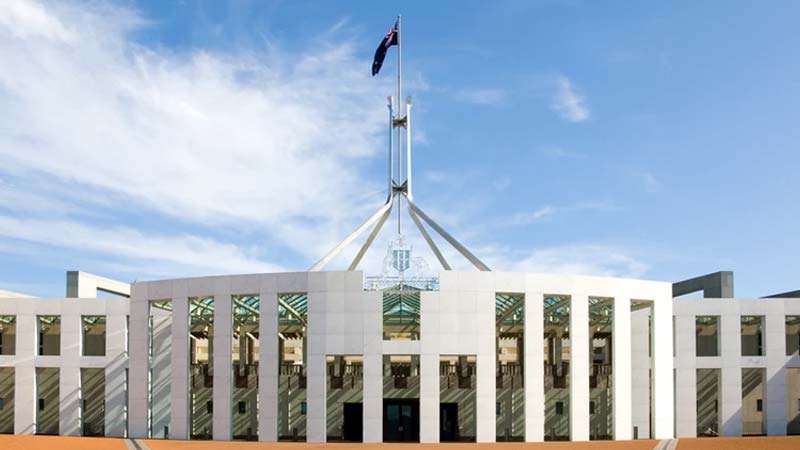Getting the right personal insurance cover can be a confusing and confronting exercise at the best of times. Considering the impacts of life-changing events and even death is not pleasant. Knowing what you need to be covered for and in what circumstances quickly gets complicated. How can you be sure you are under or over insured? What insurance can you get through superannuation? And, what are the terms of payment should you need to claim?
We’ve demystified the 4 main personal insurances here for you so you are better informed and can be more certain you and your family are properly covered.
Income Protection Insurance
It is often said your biggest asset in life is not your home or car but your ability to earn an income, so it is worth protecting. Income protection insurance usually pays a regular monthly payment of up to 75% of your current income if you are unable to work due to illness or injury for a defined period (usually up to two years). Income protection is designed to provide temporary assistance when you are unable to work. For permanent injury or disablement, a TPD Insurance policy is required (see below). Also, income protection insurance does not cover you for simply becoming unemployed.
Income protection insurance is often available as optional add-on to your superannuation. But check that they cover what you need and that the rates are competitive. Income Protection premiums outside of super are also available and premiums are normally tax deductible.
Total and Permanent Disability Insurance
Total and Permanent Disability (TPD) Insurance provides a one-off lump sum payment if you have become permanently disabled due to illness or injury. This sizeable one-off payment is designed to provide an income for you to draw on for the rest of your life. Your doctor must indicate that the disablement is significant and that it is also permanent. For temporary illness or injury you may need either income protection or critical illness.
TPD insurance is also offered inside of superannuation, meaning premiums by nature are tax deductible. The lump sum payment is generally made after 3-6 months but this would normally be taxed.
Critical Illness Insurance (also known as Trauma Insurance)
Critical illness insurance provides a lump sum payment in the event you are diagnosed with a severe illness such as cancer or suffer a traumatic event like a heart attack or stroke. Critical illness insurance is mainly designed to cover medical expenses and changes you need to make to your home or car to accommodate any physical impairments.
Critical illness is the one personal insurance not possible to obtain within superannuation, nor are premiums tax deductible. It can be expensive and covers only a specific set of illnesses or events. So, check the policy carefully and also what needs to be stated in terms of pre-existing conditions. Policies generally have a 14 day ‘survival’ period after which claims are accepted. Payment is then made after a period of around 90 days.
Life Insurance
Life insurance provides a lump sum payment to your beneficiaries when you die or are considered terminally ill. This cover is designed to replace your financial contribution to the household such as outstanding mortgage payments or provide for a spouse and/or dependent children.
Life insurance is often available inside of superannuation. The specific type of cover and premium you seek may mean you need to go outside of super.
What Personal Insurance Cover do I Need?
As always, personal insurance is best considered as part of an overall financial plan to ensure you have the right cover for your personal circumstances. If, for example you are the key income earner and have a young family with a sizeable mortgage then it is likely the required personal insurance cover is high. If you are single with no debts, dependants and some significant savings, personal insurance cover required would likely be less. But, as things in your life change your personal insurance cover is worth reviewing.
Personal insurance can be confusing but if you remember these four main methods of cover and what they are designed for you can consider your requirement for this cover and how much you would likely need based on your debts, dependants, income and lifestyle.
Get the right advice on your personal insurance needs
Despite a base level of knowledge on personal insurance. Individual policies details, payment terms and tax implications are best discussing with a financial planner. Saige Financial Planning offers quality financial advice on aspects of your personal financial situation. They can help you navigate the complexities of insurance policies to ensure you and you family are covered appropriately. Talk to us about your personal insurance.




